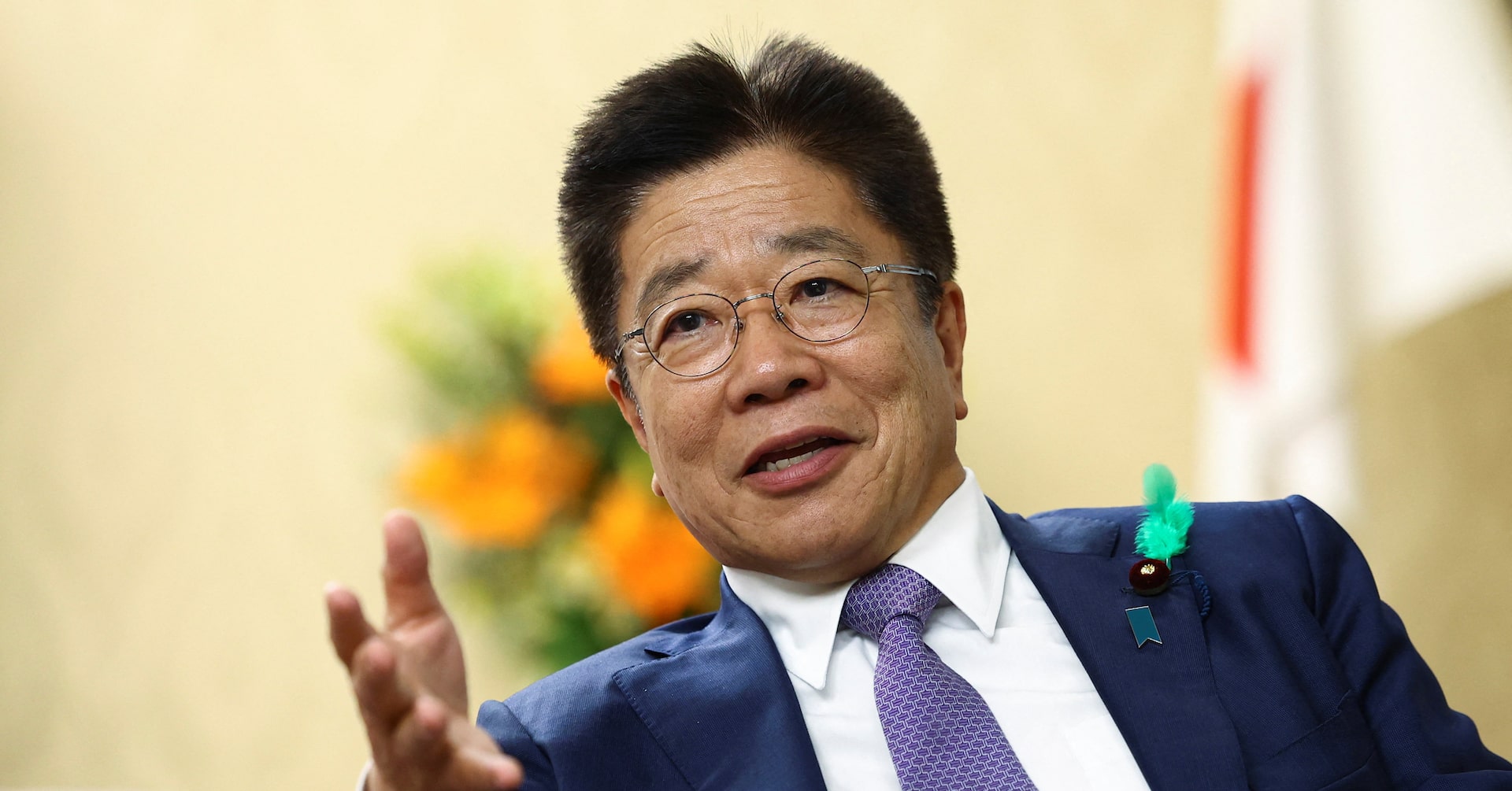Treasury Truce: Japan Signals No Financial Warfare in US Trade Negotiations

In a decisive move to ease international financial tensions, Japan's finance minister has firmly stated that the country has no intention of using its massive $1 trillion-plus U.S. Treasury holdings as a negotiating weapon during trade discussions with Washington. The clarification comes after previous speculative remarks that suggested the bond portfolio could potentially be leveraged as a strategic bargaining chip.
The minister's statement aims to dispel any uncertainty about Japan's financial diplomacy, emphasizing a commitment to stable and constructive economic relations between the two nations. By explicitly ruling out the threat of a massive Treasury sell-off, Japan signals its dedication to maintaining a collaborative approach in international trade negotiations.
This reassurance is particularly significant given the complex economic interdependence between the United States and Japan, two of the world's largest economies. The transparent communication underscores Japan's responsible stance in global financial markets and its preference for dialogue over confrontational tactics.
